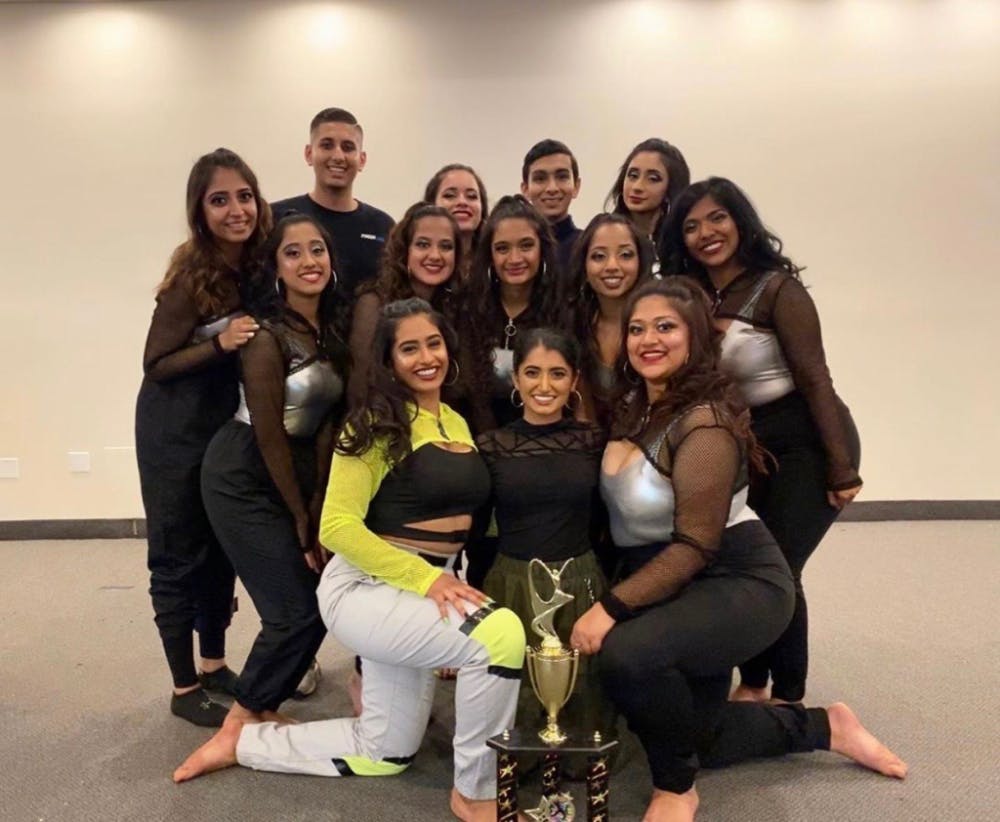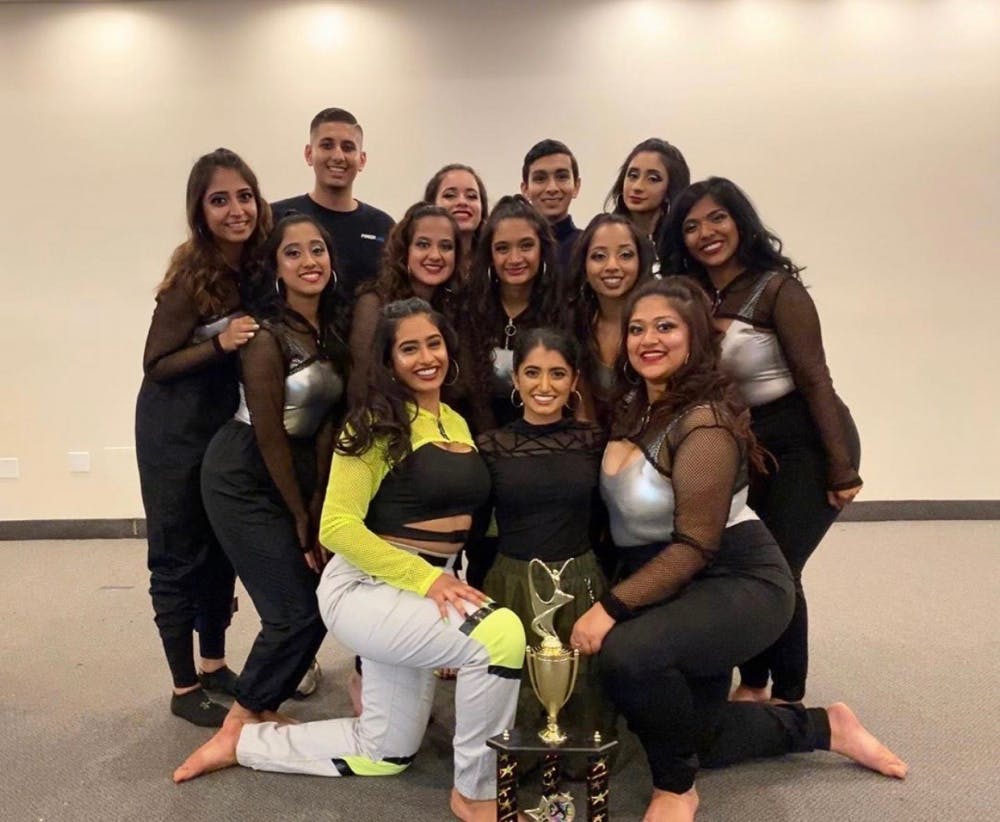The “new normal” ushered in by COVID-19 has made Seton Hall’s clubs and organizations adjust and change the way they conduct their meetings and events. One of these on-campus organizations is SHUSaba, Seton Hall’s student South Asian Fusion dance team.

SHUSaba was formally recognized by Seton Hall’s Student Government Association as an official organization last year. Since then, the group has participated in numerous competitions, including a Bollywood Fusion Dance Competition at the New York Institute of Technology and competitions at both Stony Brook University and St. John’s University.
Because of the pandemic, this year’s season will be completely different without the late night practices and trips to competitions.
Due to restrictions on where and how practices can be held, practices now take place on Microsoft Teams. The dancers are faced with the challenge of keeping the same energy and timing with one another while not physically being together.
“It’s so different,” Vidhi Kapoor, a sophomore biology major, said. “Practice sort of feels like we’re watching a YouTube video and learning to dance in our living rooms, all while trying to do the same thing at the same time.”
Before the pandemic hit, Diksha Hooda, a sophomore biology major, said the dance team would meet on Tuesdays and Thursdays in McNulty, Fahy or Jubilee Hall to practice. She explained that practices would typically run somewhere between one and a half to two hours, noting that they were usually full of energy and creativity.
Depending on the type of dance that was being practiced, Hooda said that the team would use props and different outfits to get themselves in the spirit of it as if it were an actual competition.
“Sure, it’s different, but our love for dance and our culture will not stop us from finding every possible way to make this work,” Hooda said. “As a first-year captain, it is my goal to make sure everyone stays motivated throughout the season, and not lose hope on the fact that we will be able to compete and practice like we used to soon. It will just take some time.”
Although they have no choice but to practice online, Kapoor said she prefers in-person practices more due to the time spent with her teammates.
“I miss our funny water breaks after a high energy dance where we would all just collapse on the floor from tiredness, but get straight back into it after,” Kapoor said. “It’s hard to do that now. I grab water by myself in my room, sit on my floor for a few minutes, then go back to dancing in front of my laptop screen.”
Hooda explained that the way events will be run are dependent on state and University guidelines, but so far the competitions SHUSaba expects to participate in will be virtual.
She said that different dance teams will be paired up against each other, and each team will choose a dancer to represent the team with a video submission to the competition. In addition, each team will be assigned a song.
“We’re still practicing as if we are competing in person because the goal is to improve; it is not all about winning,” Hasita Devireddy, a sophomore biology major, said. “Hopefully we will get to compete in person in the spring.”
Nicole Miazga can be reached at nicole.miazga@student.shu.edu.





